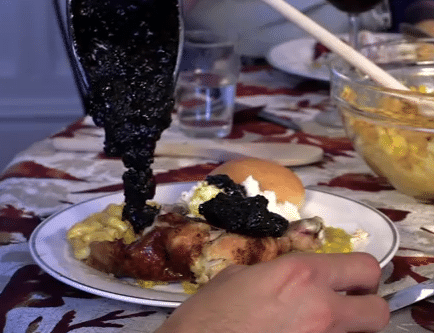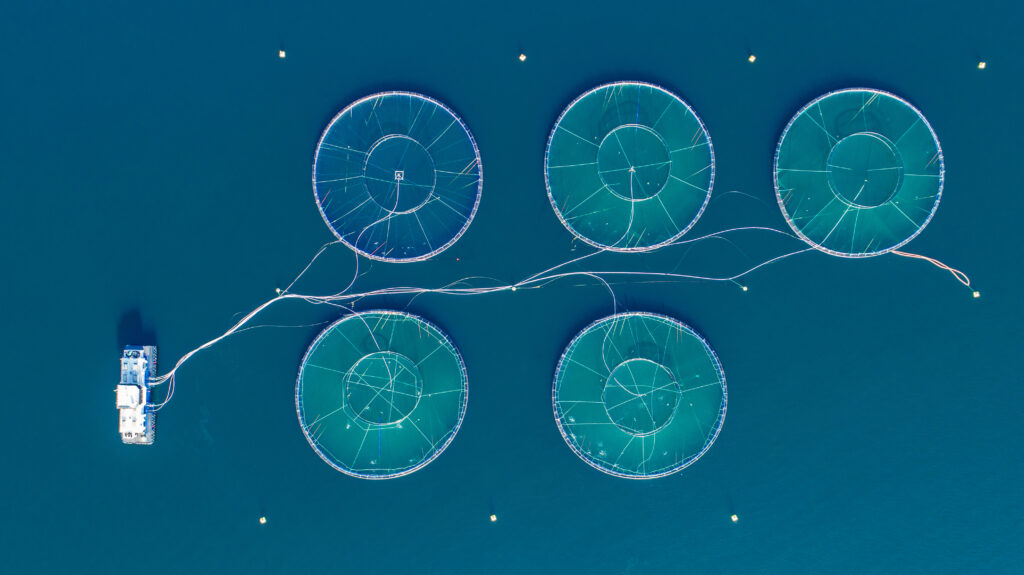This Thanksgiving, Americans can be thankful that Canadian tar sands crude isn’t flowing across the border through the Keystone XL to refineries and export facilities on the Gulf Coast.
Canada, which is home to the third largest deposit of oil on the planet, is looking to export the fuel source from U.S. soil, because Canadians won’t let industry ship it from their own shores. The Keystone XL pipeline, which would transport the dilbit concoction from Alberta, Canada down to Texas, is pending approval from the Obama Administration and will only be cleared for construction if it doesn’t exacerbate climate change (although the southern half of the pipeline has already been built).
Nextgen Climate Action, a project of the Next Generation, released this video on Keystone crude just in time for Thanksgiving to show just how…strange…an appetite for dirty crude really is.
As the video points out, the U.S. doesn’t stand to benefit much from the construction of the Keystone XL.
Even President Obama took issue with claims the pipeline would create thousands of jobs in an interview with the New York Times.
He said, “Republicans have said that this would be a big jobs generator,” but “there is no evidence that that’s true. The most realistic estimates are this might create maybe 2,000 job during the construction of the pipeline, which might take a year or two, and then after that we’re talking about somewhere between 50 and 100 jobs in an economy of 150 million working people.”
And when it comes to climate impacts, even Canadians are admitting the high-carbon pollution associated with tar sands oil might not work in their favor. Just yesterday, the Globe and Mail published freedom of information documents that show Canadian officials are concerned that the greenhouse gas emissions from tar sands oil might be detrimental to the pipeline’s success given the newfound abundance of light crude in the U.S.
A decision on Keystone XL‘s northern half is due in early 2014. President Obama – who approved the southern half via a March 2012 Executive Order – has indicated he will not approve the northern segment if found to significantly contribute to carbon pollution.
Given the access the pipeline will grant tar sands oil to overseas markets and the advantage that pipelines have over rail, the Keystone XL will undoubtedly support tar sands production, promote continued tar sands investment, and contribute to Canada’s already significant greenhouse gas output.
So, if the decision really comes down to the pipeline’s climate impact – and not something else – the choice is clear.
Subscribe to our newsletter
Stay up to date with DeSmog news and alerts







